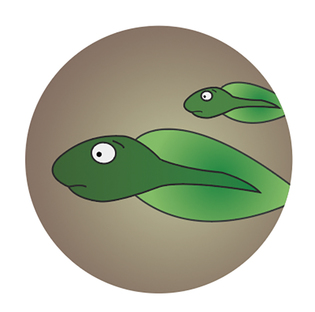 loading
loading
FindingsNoted“Some of our genome does not come from our parents,” says neuroscientist Flora Vaccarino, the Harris Professor at Yale’s Child Study Center. Vaccarino and a team from the School of Medicine and the Mayo Clinic have shown that, right after conception, mutations begin occurring in the DNA of the cells that generate the body and brain. These changes can become part of the genome and be passed to the next generation; they may explain some mental disorders, and why only one identical twin might get a certain ailment. The study appeared in Science.
 Kim VoView full imageAdventurous gourmands thinking about trying tadpoles had better reconsider. Aquatic biologist Meredith Holgerson ’16PhD says some pond organisms are “made up of human waste.” She studied nutrient flow—including where tadpoles get their nitrogen—in 18 ponds as part of her School of Forestry and Environmental Studies doctorate. (She’s now a research fellow at Portland State University.) In the Canadian Journal of Fisheries and Aquatic Sciences, her team reported that in ponds in the midst of suburban development, much of the nitrogen came from septic-system wastewater. As many as 10 to 30 percent of combat soldiers have suffered Post-Traumatic Stress Disorder (PTSD), and many experienced a significant increase in violent behavior. But an intensive therapy program developed by the Veterans Health Administration appears to be helping. For a study in Psychiatric Services, Associate Professor of Psychiatry Alec Buchanan and colleagues examined the records of 35,000 vets, both when they enrolled in the program and four months after completion. The researchers found a notable decline in violent acts, particularly when the program was coupled with help for substance abuse.
The comment period has expired.
|
|